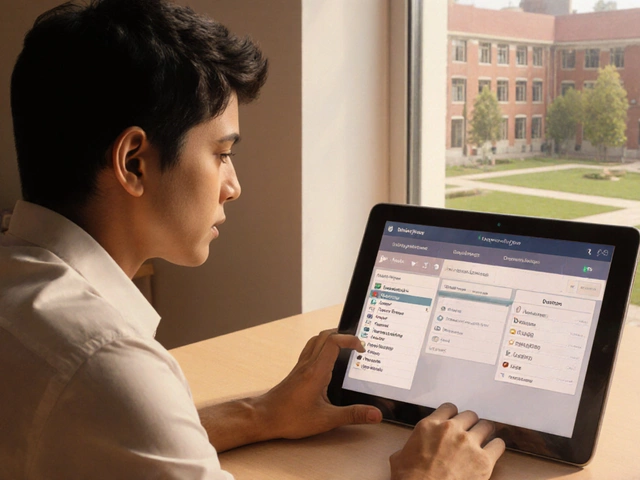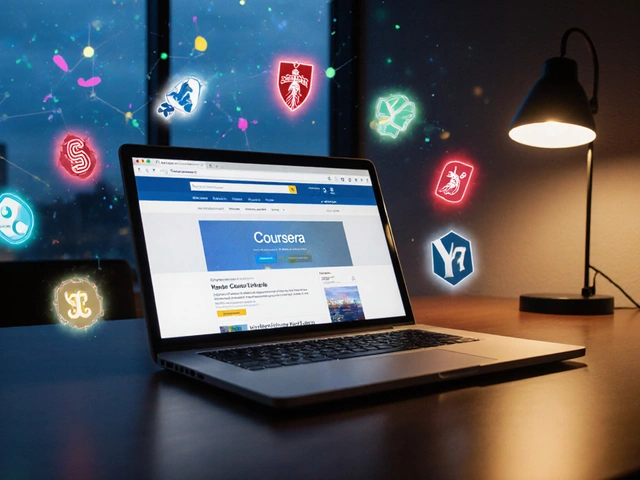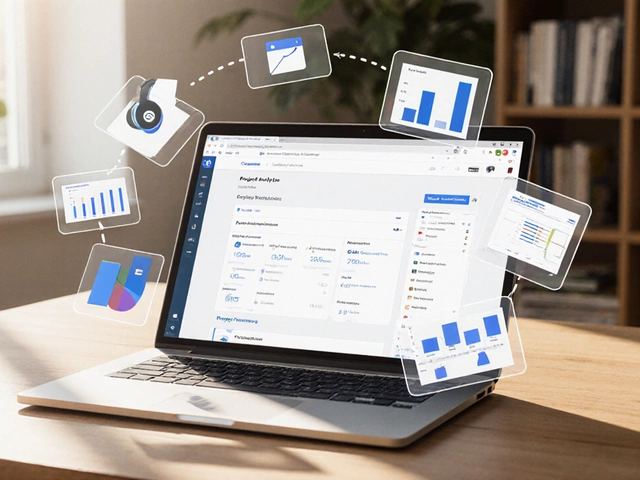Computer Basics
When working with Computer Basics, the foundational knowledge of hardware, software, and operating systems that every beginner needs. Also known as basic computer literacy, it empowers users to handle everyday digital tasks and sets the stage for deeper skill development.
If you're looking to master Computer Basics, you're in the right place. The first step is understanding the core building blocks: hardware components like CPU, RAM, and storage; software layers ranging from operating systems to everyday applications; and the basic networking concepts that let devices talk to each other. Grasping these ideas lets you troubleshoot common problems, stay safe online, and communicate confidently with tech‑savvy colleagues. In practice, a solid grasp of Computer Basics reduces the time spent on help‑desk tickets and gives you confidence to explore more advanced tools.
Why Computer Basics Matters for Career Growth
Many learners jump straight to Google Career Certificates, short, job‑ready programs that build on Computer Basics to certify you for IT support or data analytics roles because they promise a clear pathway to employment. These certificates often list “IT Support” as a prerequisite, meaning the curriculum assumes you already know how to install software, manage user accounts, and diagnose hardware failures – all core parts of Computer Basics. Similarly, Coursera, a major online learning platform offers introductory courses that teach the same fundamentals before moving into cloud computing or cybersecurity specializations. By mastering Computer Basics first, you can accelerate through these platforms and focus on higher‑value skills faster.
Vocational training programs across India, such as those offered by Ace American Vocational Training, embed Computer Basics into their curricula. Vocational training, skill‑based education that prepares students for specific jobs often pairs basic computer literacy with hands‑on labs, ensuring graduates can operate industry‑standard software, manage digital inventories, and support office IT infrastructure. This blend of theory and practice makes learners immediately productive, which is why employers prioritize candidates who can hit the ground running with solid Computer Basics knowledge.
Beyond certificates and formal programs, real‑world practice is the glue that holds everything together. Setting up a home lab, installing a Linux distro, or configuring a small Wi‑Fi network lets you apply what you’ve read and spot gaps in understanding. Communities on Reddit, Stack Exchange, or local meet‑ups provide quick answers when you hit a snag, reinforcing the habit of self‑directed learning. Over time, these habits translate into better performance on job assessments, faster onboarding, and higher confidence when tackling new technologies.
Below you’ll find a curated collection of articles that dive deeper into each of these areas: from the cost and enrollment steps of Google Career Certificates, to the reasons Coursera’s popularity is shifting in 2025, and how vocational training programs structure their Computer Basics modules. Explore the posts to see which path aligns with your goals, whether you’re after a quick certification, a full‑time trade program, or a solid DIY learning plan.

Mastering Computer Skills: Easy Ways to Learn in India
In today's digital age, understanding computers can be crucial. This article provides valuable insights on how to learn computer skills easily, particularly within the Indian context. It delves into the essentials of choosing the right course, utilizing online resources, and trusting one’s hands-on learning experiences. Additionally, it highlights some practical tips to make the learning process efficient and enjoyable. Whether a beginner or looking to enhance existing skills, there are plenty of options available.
View More



